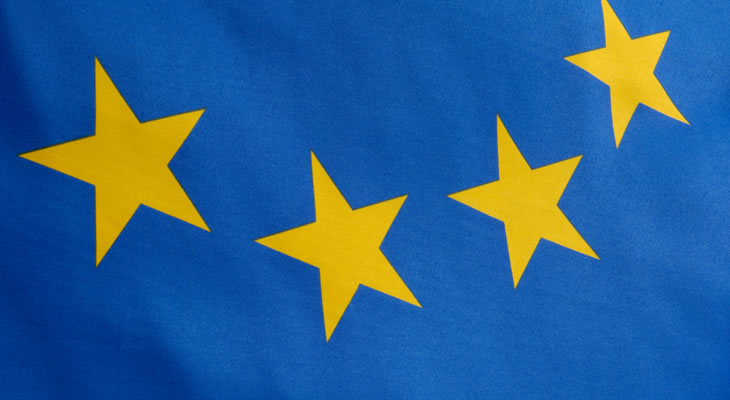As the opinion polls proved accurate and Emmanuel Macron proceeded to the second round of the French presidential election the mood of the Pound Euro exchange rate soured.
Investors were encouraged by the unsurprising nature of the results, leading to increased bets that Macron will comfortably beat National Front leader Marine Le Pen in the final run-off.
Confidence in the Pound, meanwhile, remained limited thanks to a fresh dip in the Rightmove house price index.
Further downside pressure came from the latest raft of Confederation of British Industry (CBI) business surveys, with sentiment found to have deteriorated on the month.
Particularly discouraging was a sharp slump in the second quarter business optimism index, which weakened from 15 to just 1.
Although this was not a return to the negative readings that dominated 2016 this softening in confidence still dented demand for the Pound.
With the snap general election set to dominate the domestic outlook for the next few weeks business sentiment is unlikely to improve in the near term, particularly as so many questions remain over the issue of Brexit.
As Theresa May has maintained a hard line of rhetoric on the matter it seems unlikely that a larger Conservative majority could result in a softer exit as markets have been betting.
This left the GBP EUR exchange rate generally lacking in support in the face of the Euro’s sharp relief rally, even as some of the initial bullishness of investors faded.
Demand for the single currency is likely to remain elevated in the near term, even though the result of the final vote is still far from being a complete certainty.
As Tim Riddell, research analyst at Westpac, noted:
‘Political uncertainty in EU may continue to unsettle markets into the German elections in September and there is still a relatively large possibility of Italian elections being called later this year (Italian elections have to take place in spring of 2018 if not before).’
Confidence in the Euro could also diminish in response to the European Central Bank’s (ECB) latest policy meeting, with policymakers likely to maintain a relatively dovish outlook on monetary policy.
If the ECB continues to talk down the possibility of its quantitative easing program being tapered in the near future then the GBP EUR exchange rate could find a rallying point.
Even so, a strong showing from April’s German and Eurozone consumer price index reports could keep the Euro on a stronger footing against its rivals.
On the other hand, any signs of increased hawkishness amongst ECB policymakers may encourage investors to continue piling into the single currency.


Comments are closed.